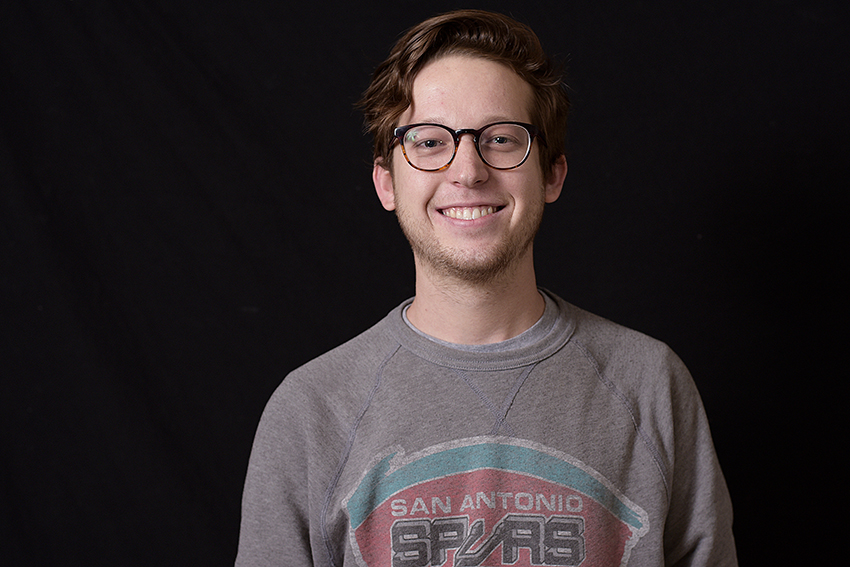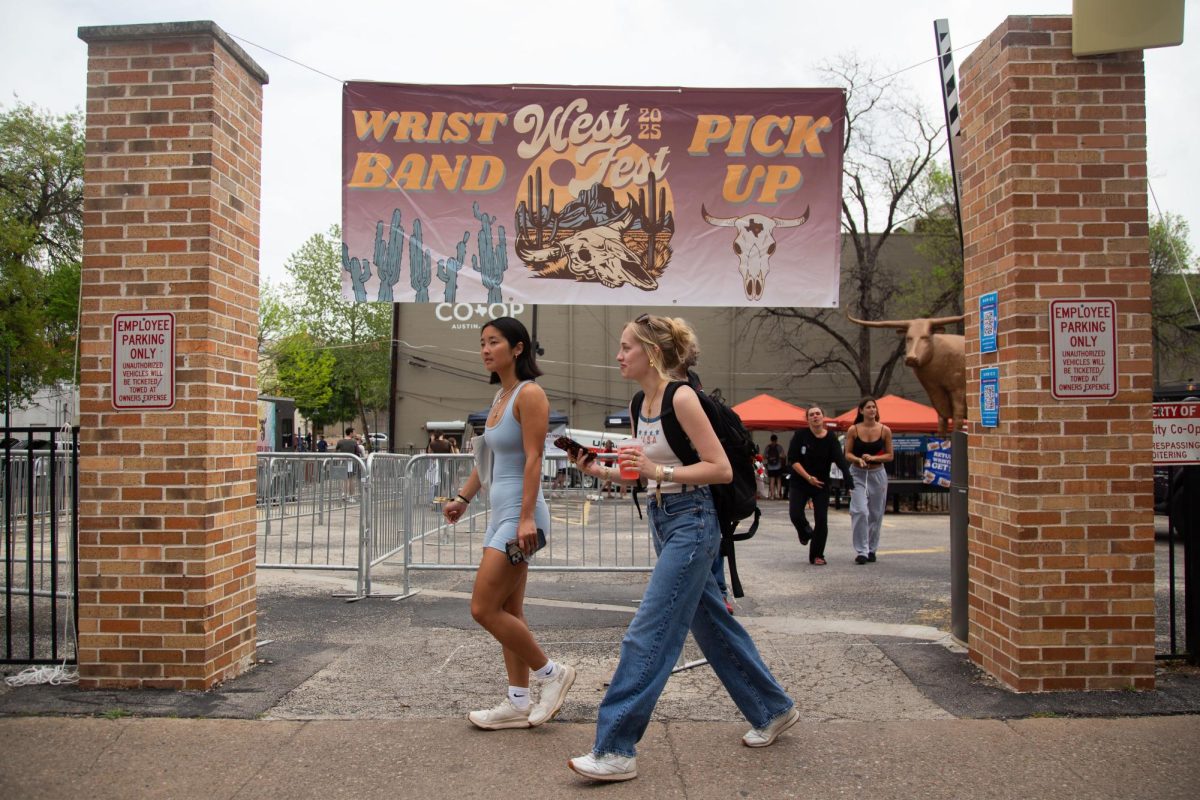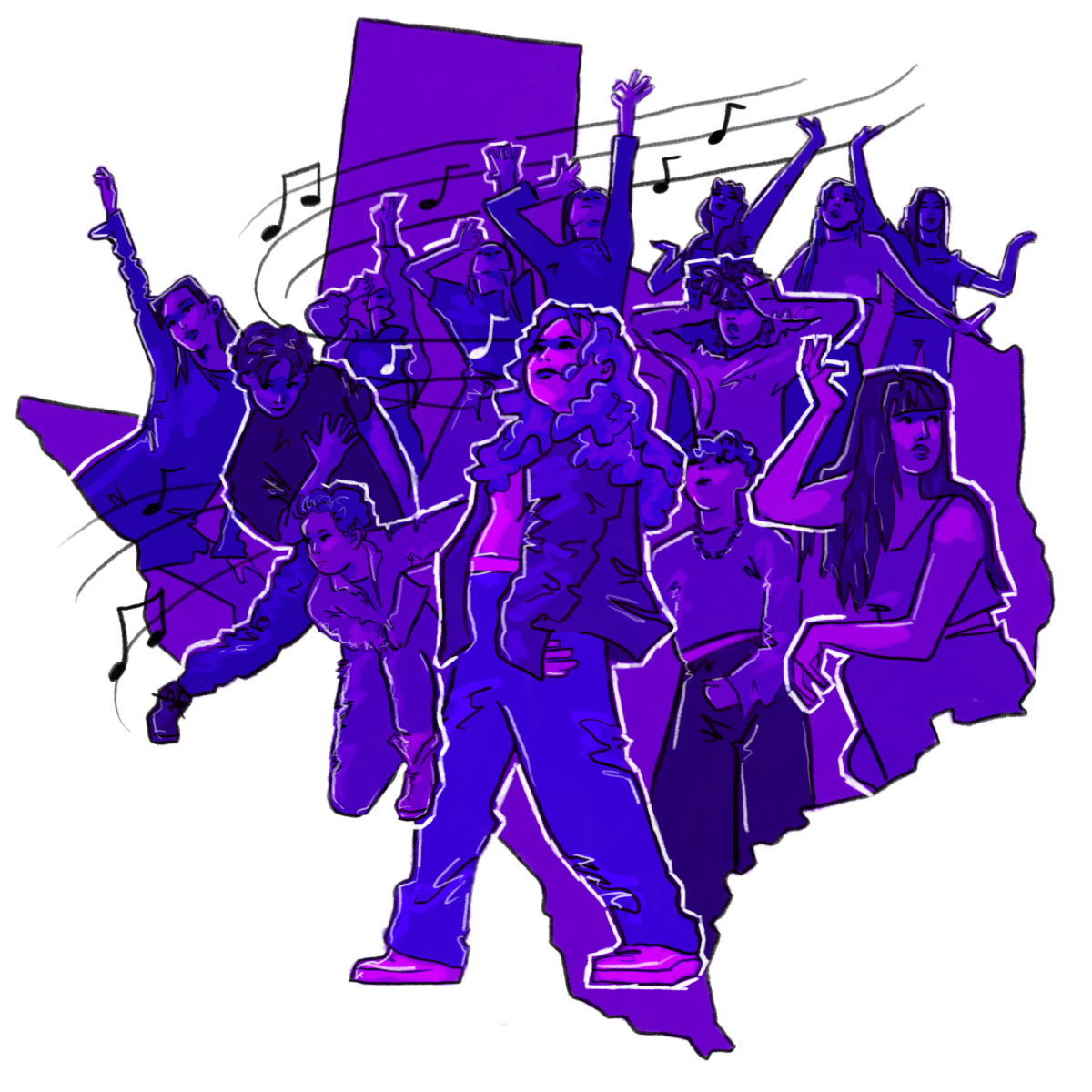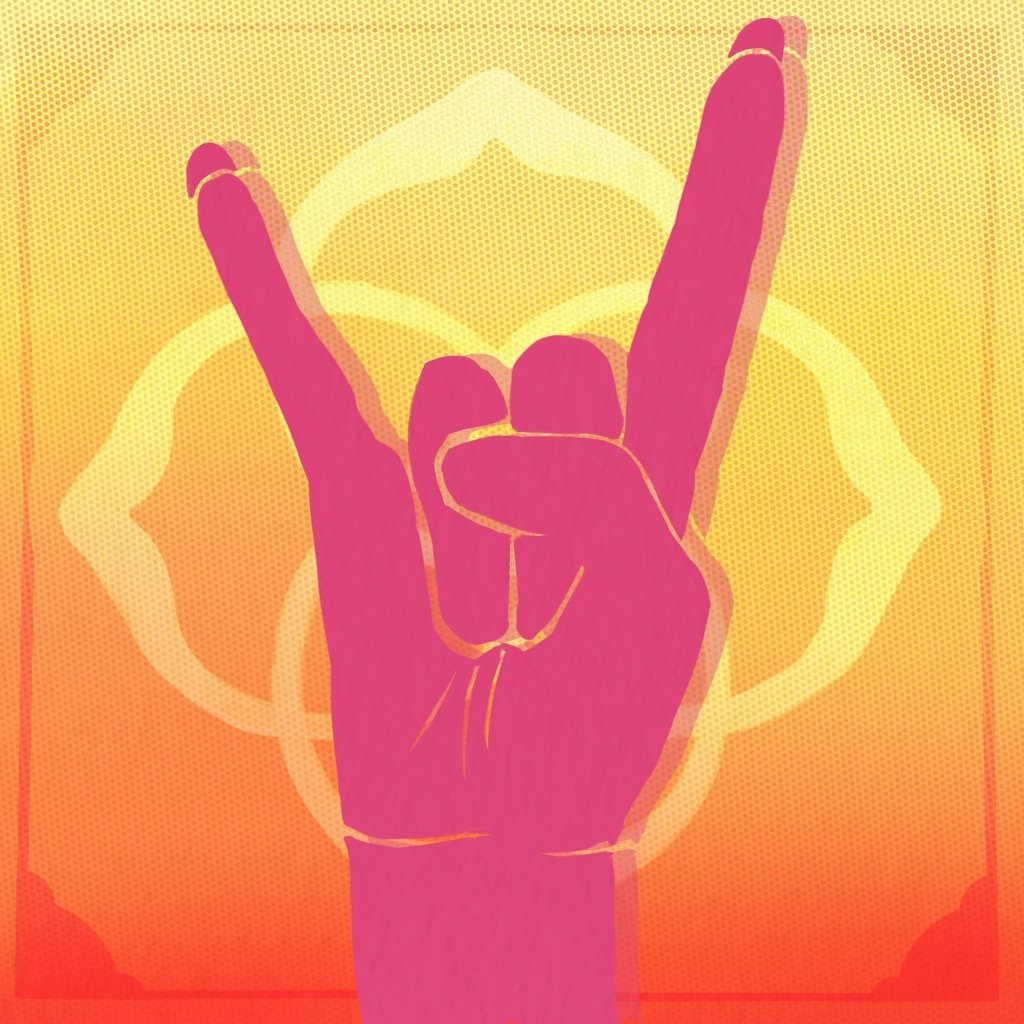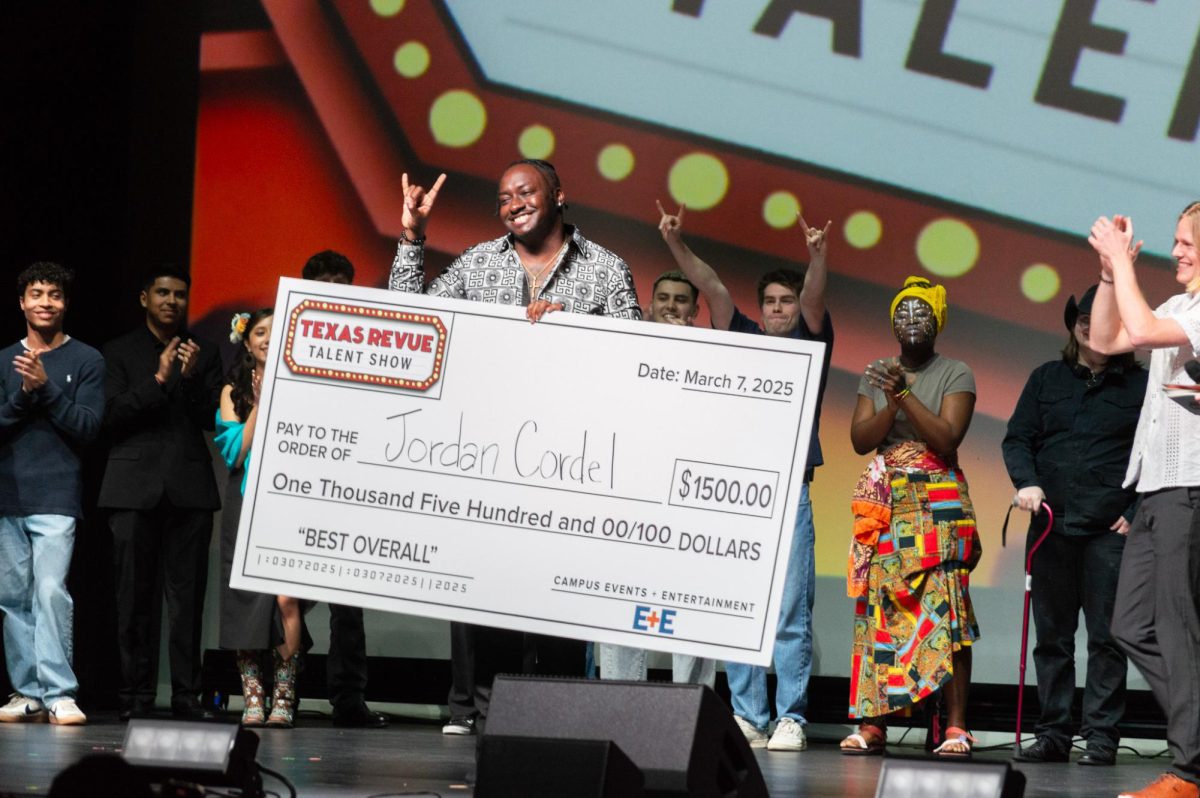Though neuroscience senior Taylor Ferguson has lived in Austin for six years, he finds himself visiting a new place every time he gets an alert on his phone.
Ferguson, a driver for Uber and Lyft, said he started driving to earn some extra cash. But last December, his position was put in jeopardy when Austin City Council passed a framework mandating ride-hailing companies require fingerprint-based background checks for their drivers. Both Uber and Lyft threatened to leave the city if the policy wasn’t altered, and City Council announced yesterday they would consider making the fingerprint background checks voluntary.
Under their proposed revision, those who pass the voluntary background check can let riders know with a special badge on both their car and in-app profile. Ferguson said he wouldn’t mind getting fingerprinted, despite the inconvenience it may pose for drivers.
“I’m just really doing it for extra cash, but I would be a lot more worried about what the city was going to do if I relied on my driving job [for a living],” Ferguson said.
Ferguson started as a driver for Lyft and added Uber later on — a common practice between most ride-hailing drivers. He said the difference between the ride-hailing companies is in the roles they encourage their drivers to take — Uber pushes drivers to adopt a more chauffeur-like role, whereas Lyft has a more laid-back mentality and encourages drivers to act like “friends” who are picking you up.
“One person I picked up [as a Lyft driver] was a student at a music production school,” Ferguson said. “She had four people lined up to record and all those people she had met through a Lyft ride.”
Ferguson said Austin drivers make extra money transporting people to and from downtown during the late hours of the weekend. Although he typically tries to avoid the drunk crowds by clocking out before midnight, Ferguson said he takes precautions like leaving plastic bags in the back of his car when he decides to venture downtown during these hours. Despite the precautions he takes, he said there’s still a cheap rum smell permanently seeped into his car.
“Taking drunk people downtown [is] where a huge chunk of money is made,” Ferguson said. “That’s where the weird stuff happens. I usually only dabble in that.”

